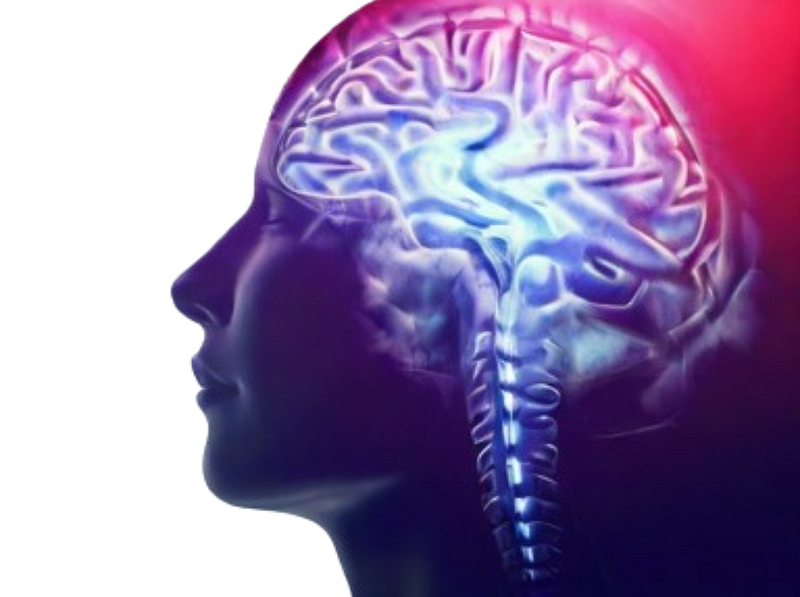Unveiling the Transformative Power of Gratitude in Our Lives
Written on
Chapter 1: The Essence of Gratitude
In today's world, rife with challenges and unpredictability, embracing gratitude has emerged as a potent method for improving our overall well-being. This concept goes beyond mere expressions of thanks; it taps into the complex functions of our brain, initiating a series of neurochemical reactions that significantly affect our emotional and mental health. This article delves into the deep-seated relationship between gratitude and neuroscience, highlighting its transformative effects on our minds.

The Gratitude Movement
Recent advancements in psychology have underscored the critical role gratitude plays in building resilience, joy, and overall mental wellness. Research indicates that individuals who consistently practice gratitude tend to enjoy prolonged happiness and possess heightened emotional intelligence. Gratitude serves as a guiding light, helping us focus on the abundance in our lives instead of fixating on lack.

The Neuroscience of Gratitude
At the heart of gratitude's impact lies its significant effect on the brain's neural pathways. When we express gratitude, certain areas of the brain, particularly the brain stem, become activated, resulting in the release of dopamine—often referred to as the "feel-good" neurotransmitter. This release fosters positive feelings, nurtures optimism, and motivates prosocial behaviors, ultimately rewiring our brain to spotlight life's positives.
Furthermore, contemplating the good in our lives prompts the anterior cingulate cortex to release serotonin, often called the "happy molecule." This chemical enhances our mood, boosts willpower, and increases motivation, leading to a more positive outlook on life. With each act of gratitude, these neural connections strengthen, making it easier to access positive emotions.

Harnessing the Power of Neuroplasticity
Neuroplasticity refers to the brain's incredible capacity to create new neural connections throughout our lives. By intentionally focusing on gratitude, we can transform our brain's neural networks, shifting from a mindset of scarcity to one of abundance. This process—where neurons that fire together wire together—leads to lasting changes in how we perceive and respond to our emotional experiences.
Impact on Workplace Culture
The implications of gratitude extend beyond personal well-being; they significantly influence organizational dynamics and employee engagement. Research has shown that fostering gratitude can enhance workplace culture, prompting many companies to revamp their recognition programs in light of these findings. By cultivating an environment of appreciation, organizations can boost employee morale, productivity, and job satisfaction.

Key Insights and Practical Strategies
Studies have revealed that gratitude is associated with a multitude of positive outcomes, such as decreased burnout, increased job satisfaction, and fewer sick days. As we deepen our understanding of the neural mechanisms related to gratitude, we unveil opportunities for both personal and professional development.
Incorporating Gratitude into Your Life
To harness the transformative potential of gratitude, individuals can incorporate straightforward practices into their daily lives. Keeping a gratitude journal or expressing appreciation for colleagues are effective ways to consciously cultivate gratitude, which can help rewire the brain for resilience and positivity.

In conclusion, the exploration of gratitude's neuroscience reveals a profound truth: our thoughts have the power to shape our reality. By embracing gratitude as a lifestyle, we embark on a journey toward enhanced emotional well-being, improved relationships, and a more resilient mindset. Understanding the neurological foundations of gratitude allows us to unlock the pathway to a happier and more fulfilling existence.
Robert Emmons: The Power of Gratitude
In this insightful video, Robert Emmons discusses the profound effects gratitude has on our mental health and overall happiness, revealing the science behind this transformative emotion.
Podcast: The Power of Gratitude with Dr. Laurie Santos
Join Dr. Laurie Santos as she explores the psychological benefits of gratitude in this engaging podcast, offering practical tips for incorporating gratitude into daily life.